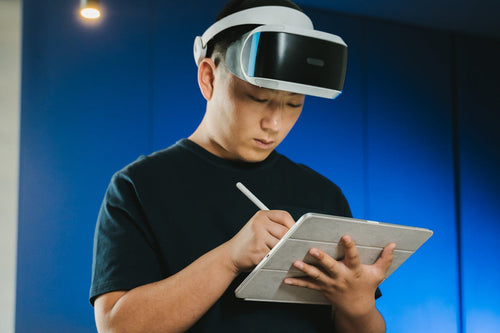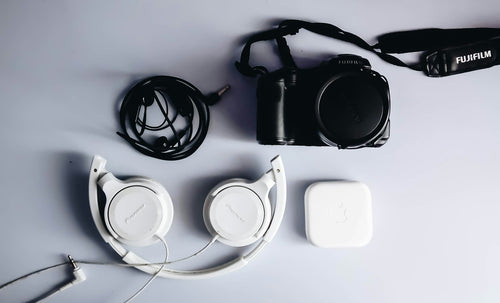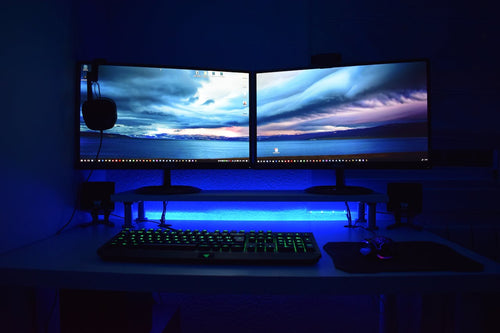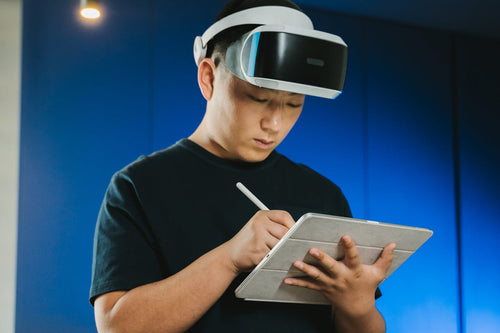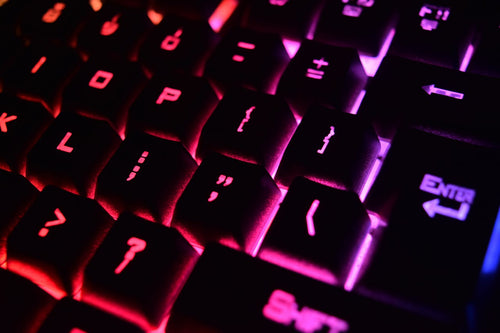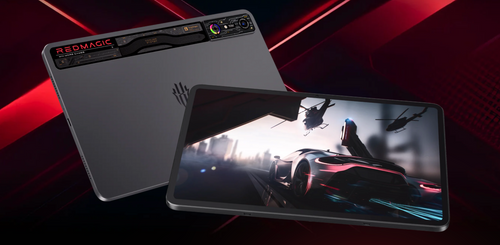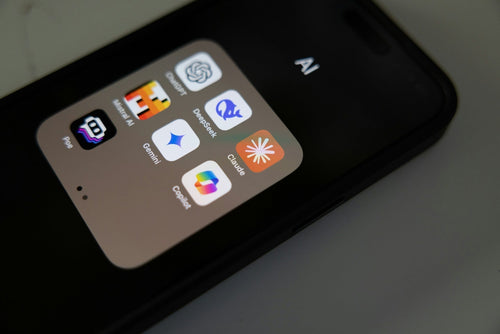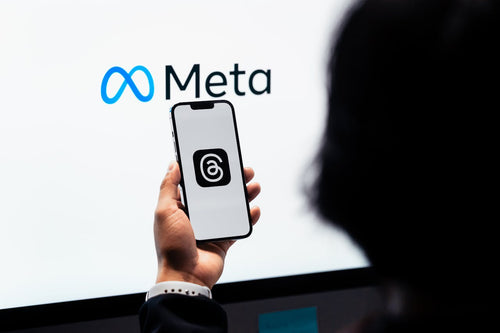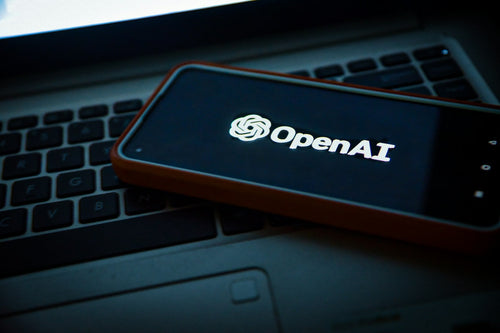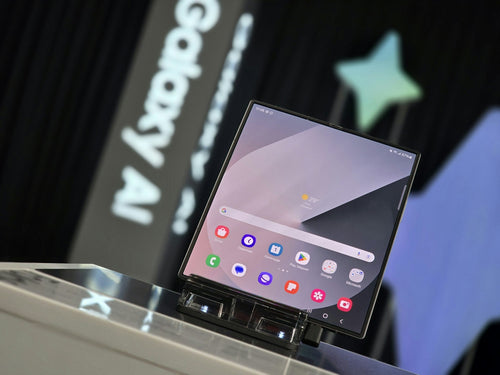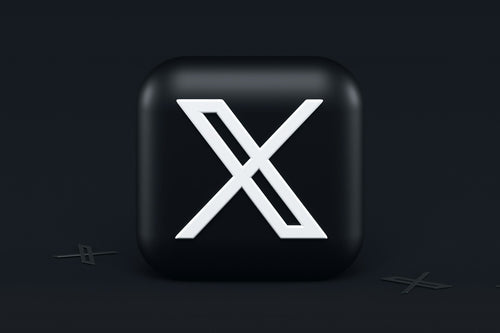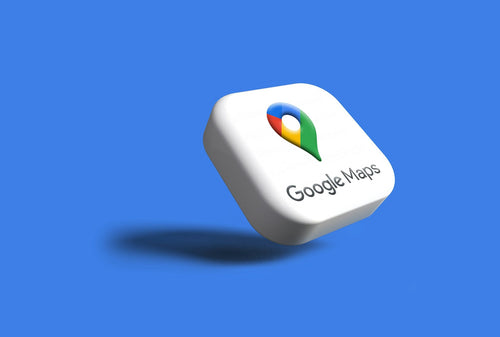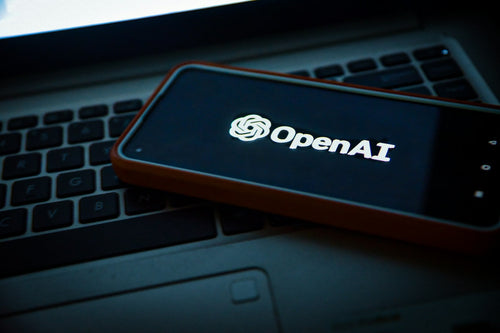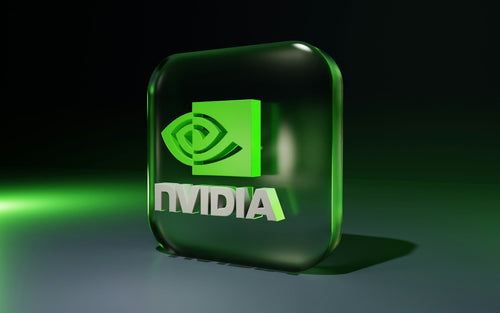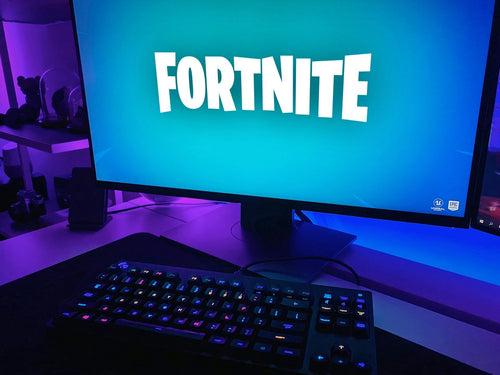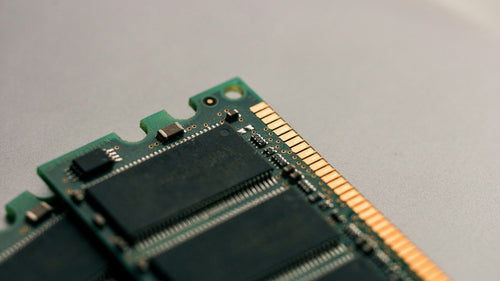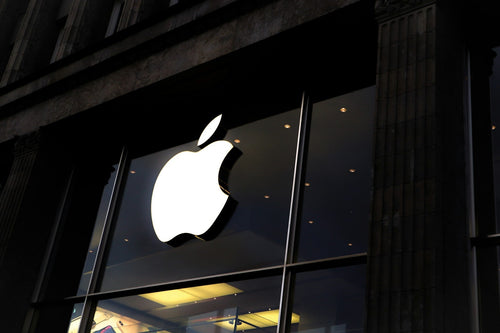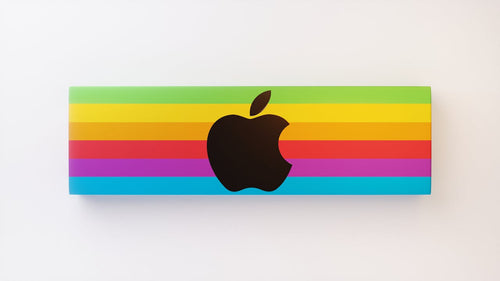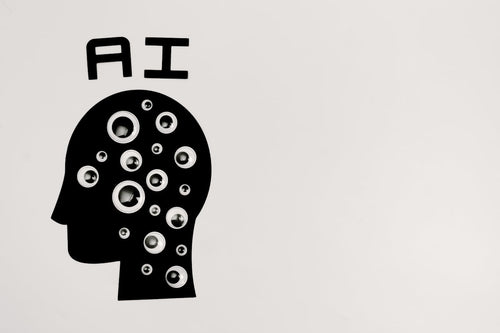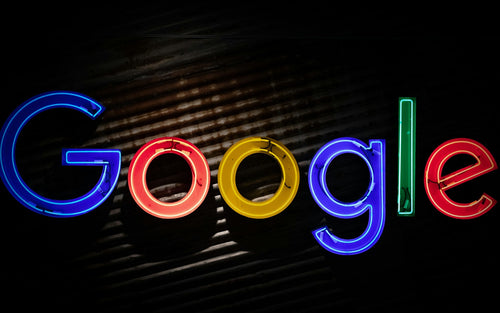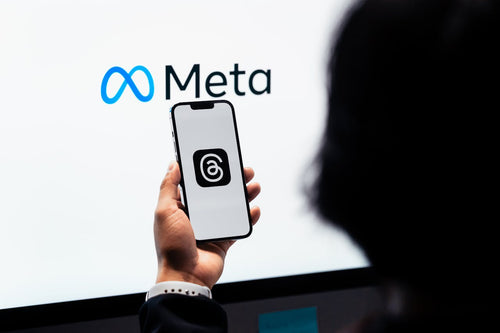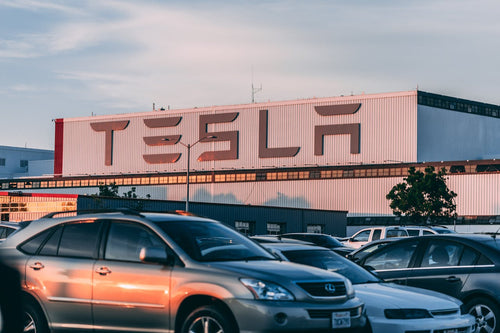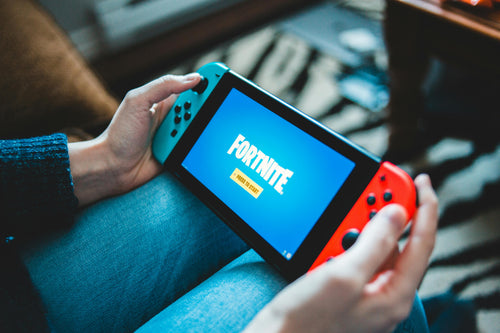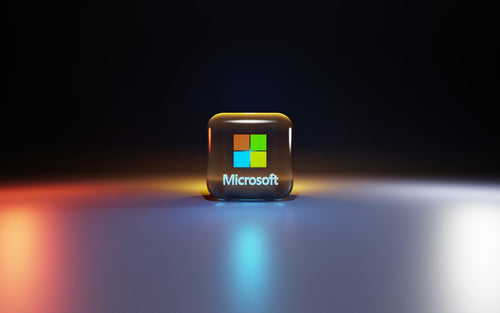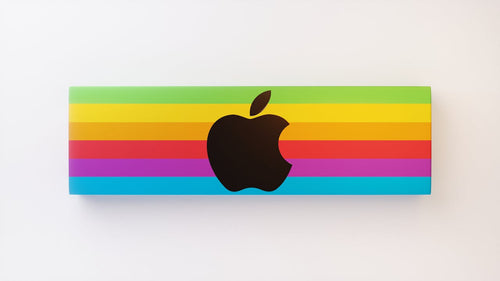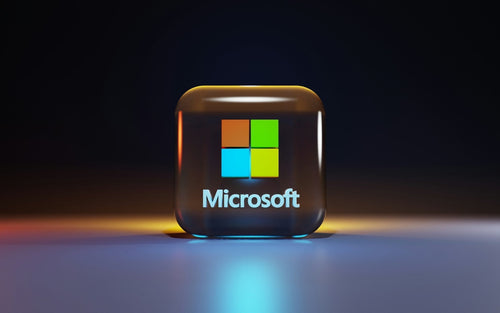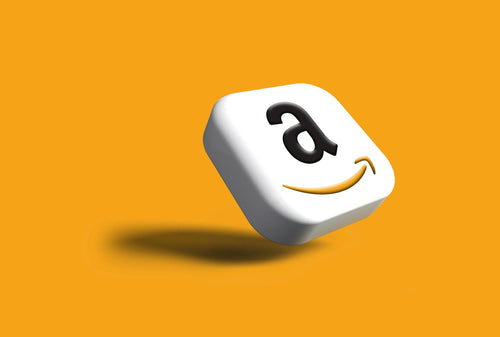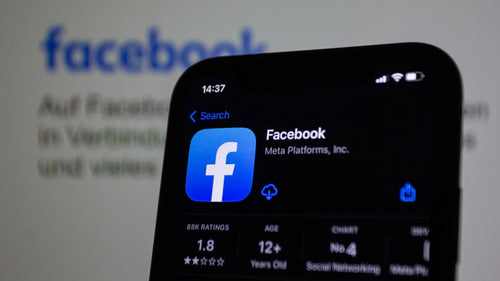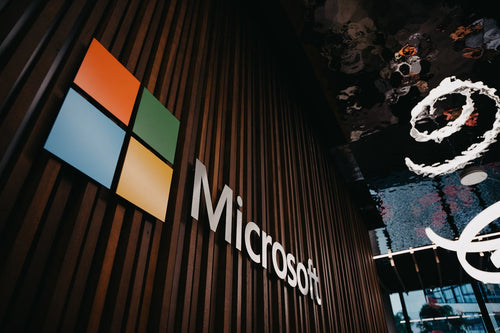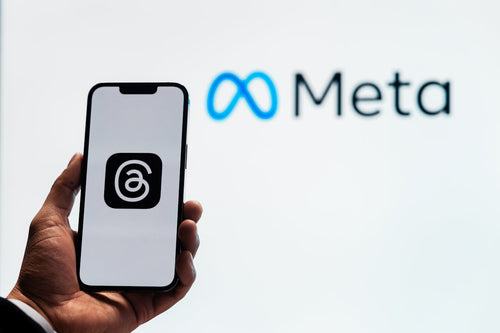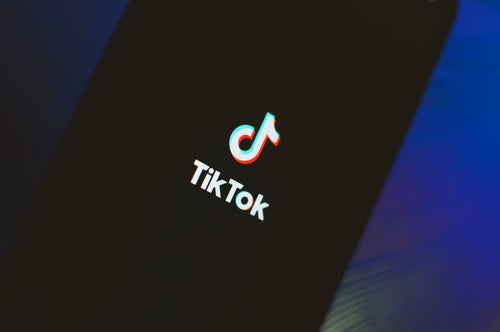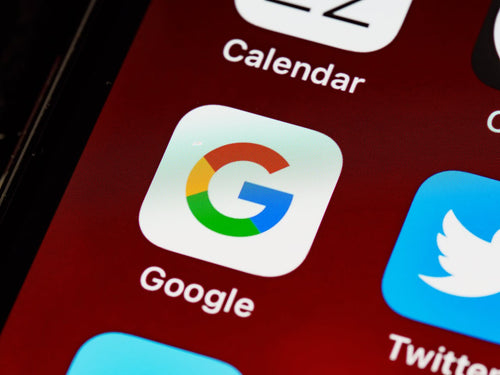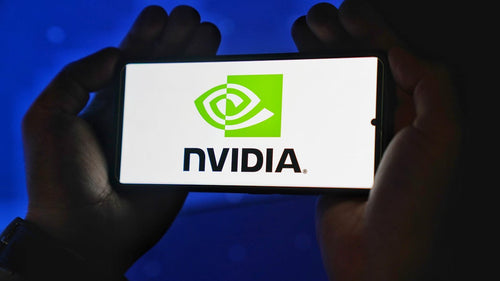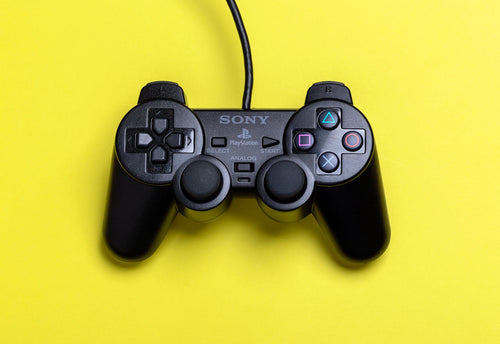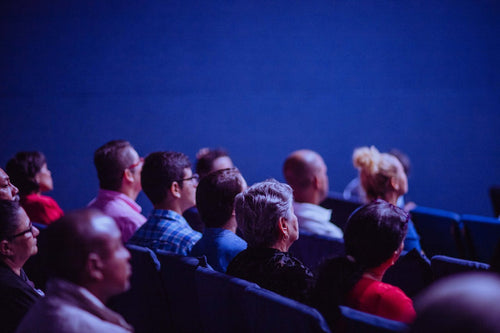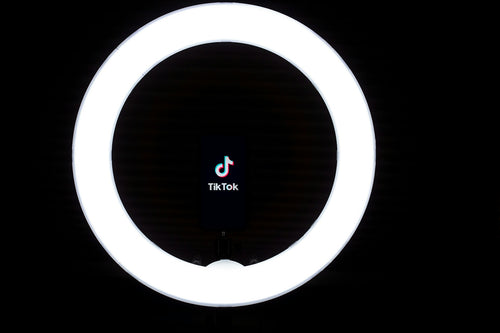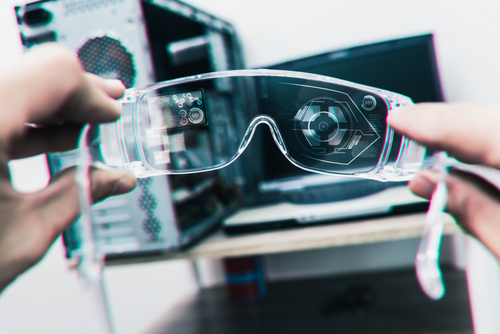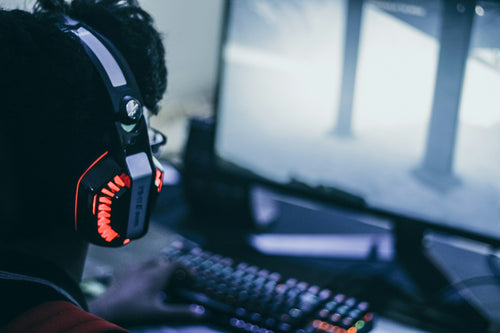HeyWhatsNew: Meta Connect 2024 Unveils Orion AR Glasses and OpenAI Shifts Gears as It Moves Away from Non-Profit Control

Welcome back to everything tech, Heyuppers. Let’s take a look at everything exciting that happened in the week beginning 23/09/2024.
Google Is Refreshing Street View Images Across the Globe
Google is updating Street View imagery in nearly 80 countries, including Australia, Brazil, Denmark, Japan, the Philippines, Rwanda, and South Africa. For the first time, Street View is expanding to new regions like Bosnia and Herzegovina, Namibia, Liechtenstein, and Paraguay. Google’s portable Street View camera, introduced in 2022, is making it easier to capture images in even more locations. Meanwhile, sharper satellite imagery is coming to Google Maps and Google Earth, thanks to a cloud-removal AI tool that enhances brightness and clarity by removing clouds, shadows, and haze.
Additionally, Google Earth’s web and mobile apps will soon let users access historical imagery, previously available only on Google Earth Pro’s desktop version, allowing for a more accessible comparison of satellite and aerial photos over time. This feature will provide insights into how landscapes and cities, like San Francisco, have evolved over the years.
Meta Connect 2024 Unveils Exciting Innovations
At Meta Connect 2024, Meta showcased a new budget VR headset, the Quest 3S, priced at $300, along with a sneak peek of the highly anticipated Orion AR glasses. The Quest 3S offers essential features for entry-level users, including a lower resolution and reduced storage capacity compared to its predecessor, while still enhancing mixed reality experiences. The Orion AR glasses, though not set to launch until a later date, promise to integrate advanced sensory capabilities and AI functionalities, allowing users to interact seamlessly with their environment.
Additionally, Meta is enhancing its Ray-Ban smart glasses with a more sophisticated AI assistant that can now respond to natural language commands and set reminders based on visual cues. The event also highlighted improvements to Meta AI, enabling voice chats with celebrity personas, along with photo editing features across Meta’s social platforms. As Meta continues to innovate, these developments signify the company's commitment to advancing both virtual reality and artificial intelligence technologies.
Dinii Secures $45 Million in Series B Funding
Japan has long embraced technology in food experiences, and Dinii is a leading startup attracting international investors with its innovative platform. Recently, the Tokyo-based company secured $48 million in funding, led by Bessemer Venture Partners and Hillhouse Investment Management, marking Bessemer's first investment in a Japanese startup. Founded in 2018 by University of Tokyo students Mao Yamada and Kazuki Otomo, Dinii started as a B2B SaaS provider offering a cloud-based point-of-sale system that restaurants can use with their existing devices.
Dinii's technology allows restaurants, from small businesses to larger enterprises, to streamline operations, gather customer data, and improve engagement through mobile ordering and a CRM system. As Japan’s food service market is projected to grow to approximately $475 billion by 2030, Dinii currently serves about 3,000 restaurants, representing just 0.5% of the market. The startup plans to expand into other Japanese cities and Southeast Asia, including Indonesia and Malaysia, while also scaling its workforce from 130 employees to support this growth.
OpenAI Is Shifting Away From Non-Profit Control and Giving Sam Altman Equity
OpenAI is planning to transition into a for-profit benefit corporation, which will no longer be controlled by its non-profit board. This restructuring aims to attract more investors, with the non-profit still existing and maintaining a minority stake in the new entity. CEO Sam Altman will receive equity for the first time, potentially increasing the company's valuation to $150 billion as it seeks to eliminate return caps for investors. OpenAI emphasizes its commitment to developing AI that benefits everyone and is currently refining the details of this new corporate structure.
This significant change follows recent leadership shifts within the company, including the departure of Chief Technology Officer Mira Murati and President Greg Brockman’s leave. OpenAI's valuation has surged from $14 billion in 2021 to the anticipated $150 billion amid its growing influence in the AI space, particularly following the success of ChatGPT.
Disney+ Kicks Off Major Crackdown on Password Sharing and Introduces ‘Extra Member’ Option
Disney is rolling out a widespread password-sharing crackdown for Disney+, following in Netflix’s footsteps. Subscribers are now being informed about new paid-sharing options, allowing them to pay for family members or friends outside their household who were previously using their accounts. This new feature is available in the U.S., Canada, Europe, Asia-Pacific, and more regions. Extra Member profiles will cost $6.99 per month for Disney+ Basic and $9.99 for Premium, with only one Extra Member allowed per account. Disney+ account holders can transfer profiles while keeping viewing history and settings intact. However, the Extra Member option is not available for Disney Bundle subscribers or those billed through third-party services.
In addition, Disney+ will raise its subscription prices starting October 17. Disney is also extending its password-sharing enforcement to Hulu and ESPN+, with updated terms explicitly forbidding sharing login details outside a household. This move mirrors Netflix’s approach, which successfully curbed password sharing and boosted subscriber numbers. Warner Bros. Discovery has also announced plans for a similar program with Max later this year.
AI Tool Cracks Down on AI-Generated Mario Images
An AI tool is reportedly taking down AI-generated images of Mario from the internet, following takedown notices issued by a company called Tracer. Posts on X containing images of Mario created by Elon Musk’s AI Grok tool were removed after a Digital Millennium Copyright Act (DMCA) complaint.
Tracer, which specializes in brand protection, uses a combination of AI and human oversight to identify and enforce brand rights. Though Nintendo and Tracer have not commented, the takedowns suggest Tracer is acting on Nintendo’s behalf, as the company is known for aggressively protecting its intellectual property. The takedowns have affected not only AI-generated Mario images but also some fan art, sparking concerns about overreach. Nintendo’s strict stance on protecting its brands is well-documented, with the company recently suing the creators of Palworld for patent infringement.
And that’s a wrap for all things groundbreaking this week. Catch up with us next week for all the tech highlights making headlines.


